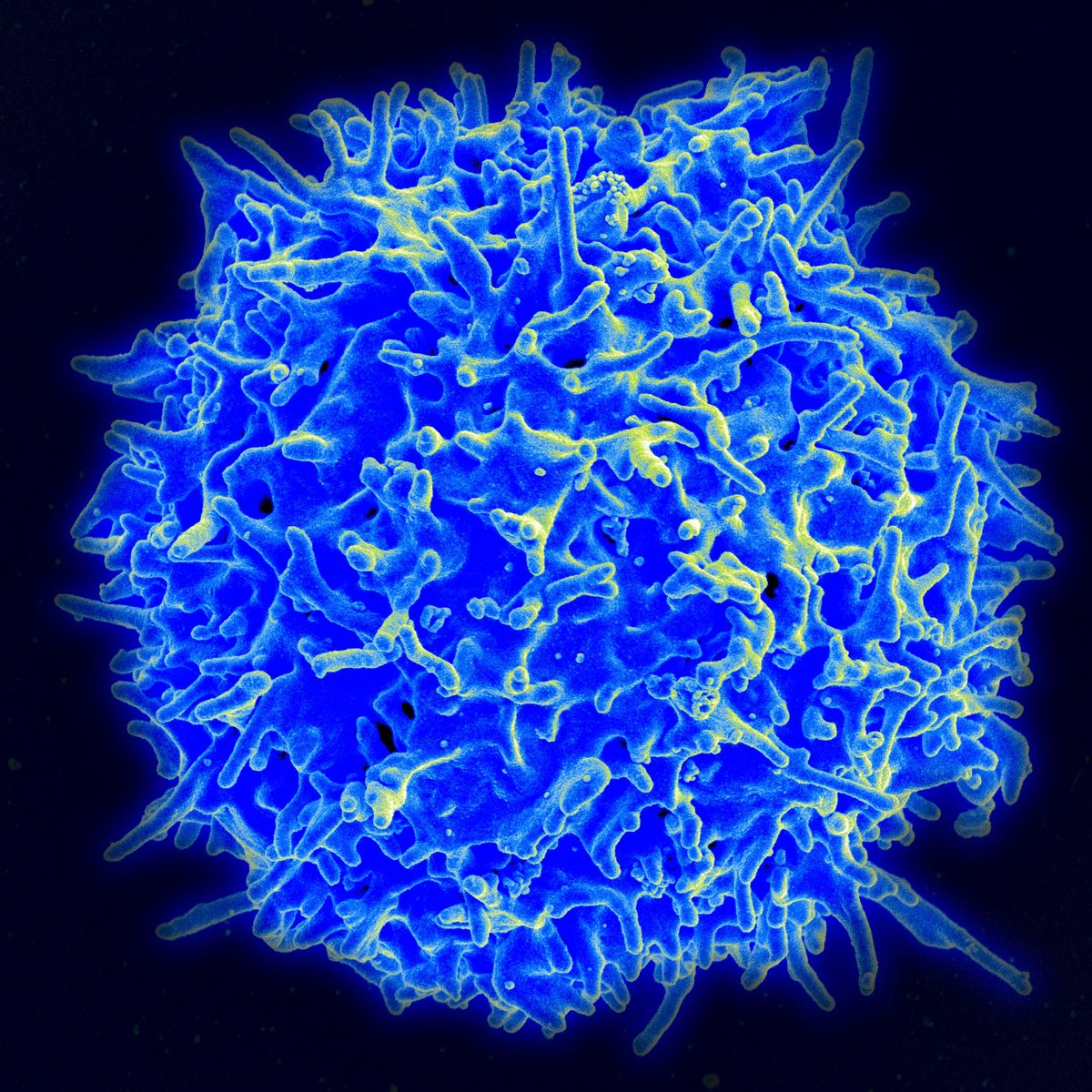Mechanisms of T Cell Immunity

These immune responses are initiated by dendritic cells (DCs), potent antigen-presenting cells. In mice, dendritic cells started protective T cell immunity when injected with keyhole limpet hemocyanin, HLA-A*0201-restricted influenza matrix peptide, or tetanus toxoid. Unpulsed DCs failed to immunize mice, but DCs injected with TT significantly boosted T-cell immunity.
Epitopes of t-cell immunity
T cells can recognize specific epitopes on antigens that elicit an immune response, which is crucial for developing effective immunotherapy and vaccines. The process of antigen presentation consists of proteasomal degradation of viral proteins and transport to the endoplasmic reticulum, where amino peptidases trim off the N-terminal region. Several genetic factors and environmental exposure history influence the epitopes of T cells. Several computational approaches have been developed to predict the epitopes that T cells will recognize.
Epitope spreading is thought to be an important driver in the progression of autoimmune diseases and contributes to their recurrent flare-ups. This process involves expanding the immune system by exposing previously hidden epitopes. These epitopes would otherwise be sequestered in tissues or processed by DCs at low concentrations to activate T cells. In addition, it would be unusual for lymphocytes to be destroyed during the establishment of central tolerance but instead anergized in the periphery.
Pathogenesis of t-cell immunity
Viral infections are among the major causes of morbidity and mortality. These infections require the effective responses of T cell immunity. T cells are a highly sophisticated branch of the adaptive immune system. They are the only cell types with antigenic specificities and different proliferative and memory capacities. They play an important role in virulent infections and have the potential to attack intracellular pathogens directly. They carry out these functions via the secretion of cytokines and direct cytotoxicity of infected cells.
In severe disease, T cell immune responses are inhibited due to the early onset of inflammation. Moreover, the impaired activation of the type I interferon pathway may play a major role in suppressing T cell responses. Aging is another factor contributing to the T cell immune response suppression.
Clinical significance of t-cell immunity
T cells play a major role in the immune system. They can prevent or limit infections. There are several types of T cells. One type, called memory T cells, can suppress or limit infection. Memory T cells can also protect against re-infection. In COVID-19 patients, memory T cells were detected months after infection. This suggests that these immune cells have a long-term role in the immune system.
The current understanding of T cells' function in the immune system is limited. Several factors can cause the immune system to mount a protective or harmful T-cell response. Although T cell immunity mechanisms are not fully understood, some advances are being made in this field.



